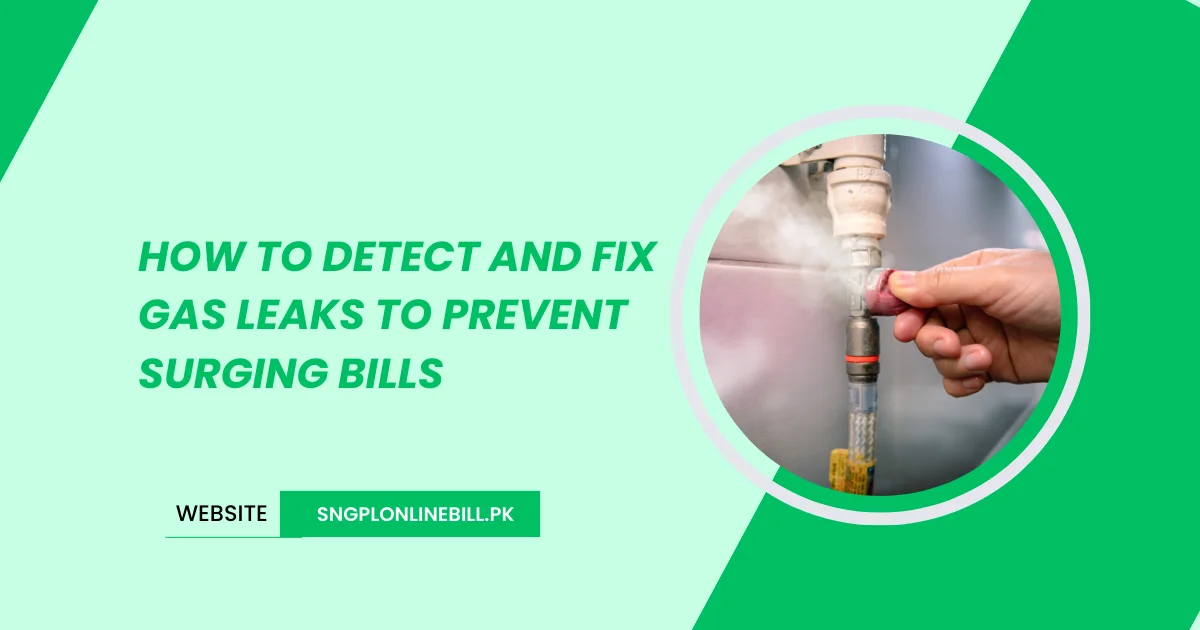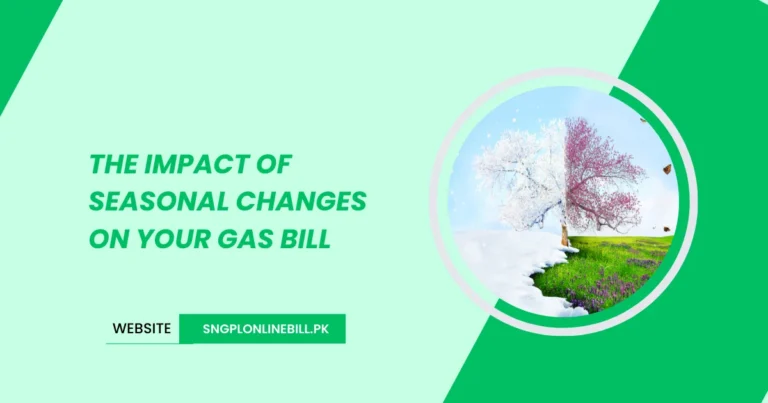How to Detect and Fix Gas Leaks to Prevent Surging Bills?
Natural gas is a convenient and efficient fuel source for many households, but a gas leak can turn that convenience into a costly and potentially dangerous situation. Leaks not only pose a safety risk, but they can also lead to a significant increase in your gas bill. Luckily, with a little know-how, you can detect and address gas leaks promptly, keeping your home safe and your wallet happy.
Signs of a Gas Leak:
A gas leak can be difficult to detect, but there are some telltale signs to watch out for:
- The Smell: Natural gas has a distinct odor often described as rotten eggs or sulfur. While an added scent is included for safety reasons, it might not always be noticeable.
- Hissing Sounds: Listen for hissing or whistling noises near gas appliances or pipes. This could indicate a leak.
- Dead Plants: Leaking gas can deprive nearby plants of oxygen, causing them to wilt or die.
- Increased Gas Bills: A sudden and unexplained rise in your gas bill could be a sign of a leak.
- Flu-like Symptoms: Exposure to natural gas can cause headaches, nausea, dizziness, and fatigue, similar to flu symptoms.
What to Do if You Suspect a Gas Leak?
If you suspect a gas leak, it’s crucial to act quickly and safely. Here’s what to do:
- Turn Off the Gas: Locate the gas shut-off valve near your meter or appliance and turn it to the “off” position.
- Evacuate the Area: Everyone in the house needs to leave immediately. Don’t light cigarettes, use matches, or turn on any electrical appliances that could spark an ignition.
- Open Doors and Windows: Fresh air will help to disperse the gas.
- Call Your Gas Company: They will send a qualified technician to locate and repair the leak.
- Don’t Re-Enter Until Cleared: Don’t attempt to re-enter the house until a gas company representative has confirmed it’s safe.
Preventing Gas Leaks:
While leaks can happen, there are steps you can take to minimize the risk:
- Regular Inspections: Have a qualified professional inspect your gas appliances and lines annually.
- Visual Checks: Periodically inspect gas lines and connections for visible damage, cracks, or rust.
- Appliance Maintenance: Schedule regular maintenance for your gas appliances to ensure they are functioning properly.
- Soap Test: You can mix a solution of soapy water and apply it to gas connections. If bubbles form, it could indicate a leak. (Important Note: Never use an open flame to test for a leak.)
Fixing Gas Leaks:
Gas leaks should only be repaired by a qualified gas fitter or plumber. Leave it to the professionals to ensure the leak is fixed safely and properly.
Remember: When it comes to gas leaks, safety is paramount. By recognizing the signs, taking immediate action, and implementing preventative measures, you can keep your home safe and avoid the financial burden of a surging gas bill.





